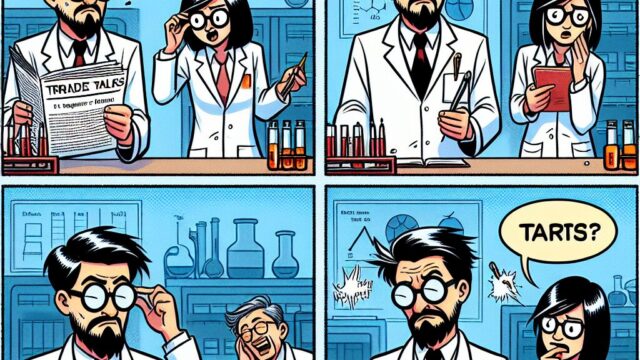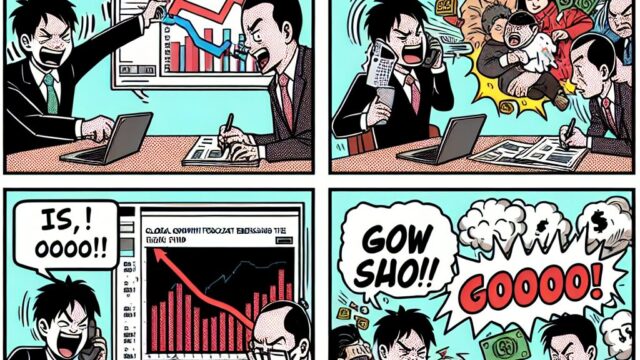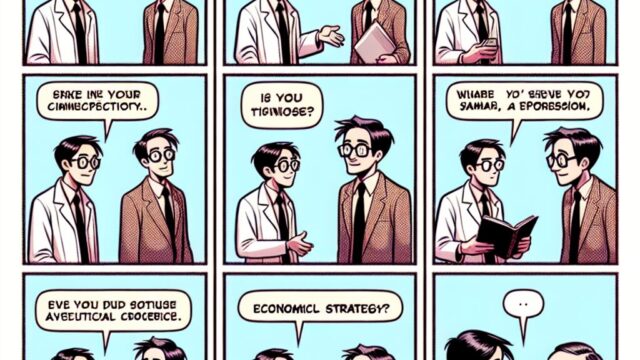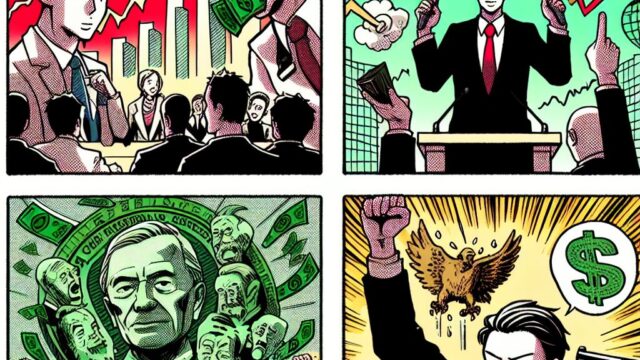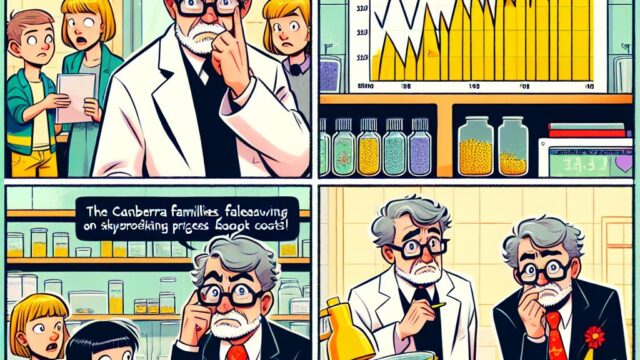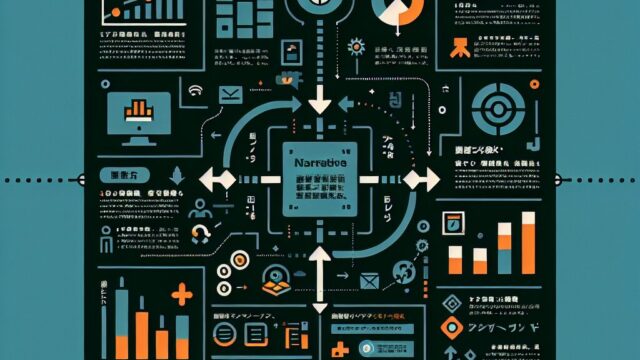🎧 Audio
📖 Script
The One Big Beautiful Bill Act has recently become law in the United States, and it’s causing quite a stir. This new law includes significant tax cuts that are expected to add a lot to the national deficit. The Congressional Budget Office, which is a group that analyzes financial matters for the government, predicts that the deficit could increase by $3.4 trillion over the next ten years. This is largely due to the extension of tax cuts that were originally introduced in 2017.
Some people believe that these tax cuts will eventually pay for themselves. One of the main supporters of this idea is Arthur Laffer, a well-known economist. Laffer and others argue that by reducing taxes, people and businesses will have more money to spend and invest. This increased spending could boost economic growth, which might lead to higher tax revenues in the future.
On a recent show, experts discussed these claims to see if they hold up. A tax economist shared insights about whether such tax cuts can truly cover their costs over time. The main question is whether the government’s loss in tax revenue will be balanced by the economic growth these cuts might stimulate.
While the discussion is ongoing, one thing is clear: the decision to implement such tax cuts is significant. It could have a big impact on the economy and how the government manages its finances. People are watching closely to see how this will unfold in the coming years.
📝 Vocabulary
-
– deficit: the amount by which something, especially money, is too small
日本語の意味を見る
(ここに日本語訳を追加できます)
-
– tax cut: a reduction in the amount of taxes people have to pay
日本語の意味を見る
(ここに日本語訳を追加できます)
-
– revenue: money that a government or company receives from taxes or sales
日本語の意味を見る
(ここに日本語訳を追加できます)
-
– economist: a person who studies or has expertise in economics
日本語の意味を見る
(ここに日本語訳を追加できます)
-
– stimulate: to encourage something to grow, develop, or become active
日本語の意味を見る
(ここに日本語訳を追加できます)
✏️ Grammar Point
Reported Speech – “Laffer and others argue that by reducing taxes, people and businesses will have more money to spend and invest.”
🈁 文法の日本語補足を表示
(ここに「現在完了進行形は“ずっと〜してきた”を表す」などを補足)
❓ Listening Questions
- True/False: The Congressional Budget Office predicts a $3.4 trillion increase in the deficit due to the new tax cuts.
- MCQ: What is the main belief of those who support the tax cuts?
a) They will immediately reduce the national debt.
b) They will pay for themselves through increased economic growth.
c) They will lead to job cuts in the government.
d) They will increase taxes for everyone. - MCQ: Who is Arthur Laffer?
a) A tax economist who opposes the new law.
b) A government official who signed the new law.
c) An economist who supports the idea that tax cuts will pay for themselves.
d) A member of the Congressional Budget Office.
-
True
False -
a)
b)
c)
d) -
a)
b)
c)
d)
📚 Reading Questions
- What is the expected increase in the deficit over ten years due to the new law?
- Why do some people believe the tax cuts will eventually be beneficial?
- What does the word “stimulate” mean in the context of the script?
-
🗝️ 解答を見る
4. The expected increase in the deficit is $3.4 trillion over ten years.
-
🗝️ 解答を見る
5. Some people believe the tax cuts will lead to more spending and investment, boosting economic growth and eventually increasing tax revenues.
-
🗝️ 解答を見る
6. Encourage something to grow, develop, or become active.
🇯🇵 日本語での経済ニュース解説
Source: https://www.npr.org/2025/07/08/1255321731/will-the-tax-cuts-pay-for-themselves
